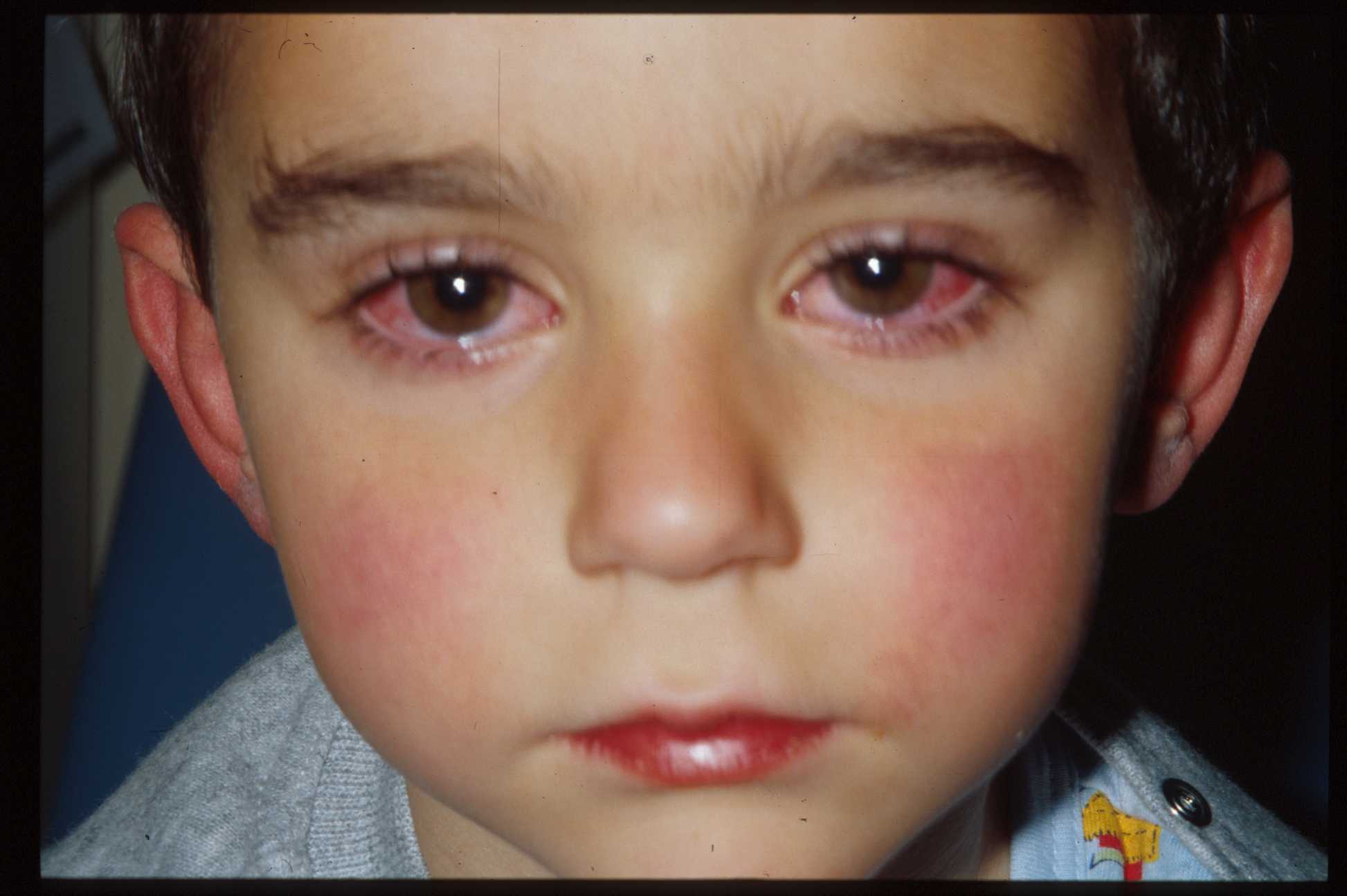Q. Where is Asian Diagnostics located
Asian Diagnostics - Main Branch
Address: #28, Opp. Vani Vilas Hospital,
K. R. Road, Bangalore-560002
Q. Why Us?
Pioneer in the concept of all diagnostic services under one roof
Technical people with vast knowledge to support the services
Quality services with 17 yrs of experience
NABL Accredited lab
Present across major cities in Karnataka
Q. What is NABL?
Asian diagnostics has successfully achieved NABL Accreditation.
National Accreditation Board for Testing and Calibration Laboratories (NABL) is an autonomous body under the aegis of Department of Science & Technology, Government of India. NABL has been established with the objective to provide Government, Regulators and Industry with a scheme of laboratory accreditation through third-party assessment for formally recognizing the technical competence of laboratories. The accreditation services are provided for testing, calibration and medical laboratories in accordance with International Organization for Standardization (ISO) Standards.
Government of India has authorized NABL as the accreditation body for Testing and Calibration Laboratories.
Q. What types of tests does Asian Diagnostics perform?
We offer more than 3000 different tests across a comprehensive range of diagnostic modalities from the routine to higher end investigations in biochemistry, serology, clinical pathology, surgical pathology, microbiology, immunology, radiology, cardiology, complete with the latest updates in the field of medical
Asian diagnostics is currently the largest Allergy Test Center in India it is the first and only laboratory in the state to perform quantitative 'Food Intolerance' tests. It is currently a one-stop destination for the best in diagnostic services.
Q. How do I order a test?
To order our test you can call at our customer care number 080-26708400 or email us at asiandiagnostics@yahoo.com
Q. My doctor has ordered a lab test for me, and does not collect samples in his/her office. How do I submit my sample at your lab?
You can submit your sample by availing our home collection facility. To order call us at 99455 40000
Q. Do I need to make an appointment in order to be tested at Asian Diagnostics?
Appointments are not required. You can visit anytime round the clock, 365 days or can choose home collection facility.
Q. Do I need to stop taking food before being tested at Asian Diagnostics?
We do not require fasting prior to having your blood drawn for the tests being offered at our lab. Please contact your physician to determine his/her requirements for your specific testing.
Q. How long does it take to receive test results?
Depending on the test performed, most tests are completed and reported to your ordering healthcare provider within about 2-4days of receiving the sample for testing. Certain tests take several days to weeks. Results are hand delivered to you and your Heath care Provider.
Q. Does Asian Diagnostics have a home collection service?
Yes, we provide home collection service.
For home sample collection call- 99455 40000
Q. From where can I collect the report?
A. We deliver the reports to your doorstep; we also send reports through email.
Q. Where are your collection centers?
We collect samples from your residence. We also have many sample collection centers throughout Bangalore. (Refer contacts page)
For allergy and food intolerance tests, we collect samples throughout Karnataka. (Refer "Our branches" page)
Q. How is Asian Diagnostics different from other service providers?
Established in 1999, Asian Diagnostics has continued to evolve over the years to cater to the needs of doctors and patients alike. With a '24 hours, 365 days a year policy', innovative services like 'home sample collection' and 'Allergy testing' and 'Food intolerance' packages, it is on-track to reach its goal of becoming the best Diagnostic center in the state.
Largest allergy test center in India
Only center in the state to perform quantitative food intolerance test
24 hrs., 365 days home sample collection facility
Shortest turnaround time
Q. How will I understand if a test is right for me?
We provide complimentary pre and post genetic counseling to every patient who wants to avail this facility.
Q. What does my test report mean?
We provide complimentary counselling post-delivery of report to help with report interpretation. You can also reach out to your healthcare provider for guidance on next steps.
Q: What kind of specimen is collected for a drug (toxicology) test?
Urine is the most common specimen type because drugs are cleared out of the bloodstream primarily by the liver and kidneys and eliminated through urine. (For more information about drug (toxicology) testing, click here.)
Q. Can I order my own test? Or should I have a prescription from a doctor?
You can order your own test.


















